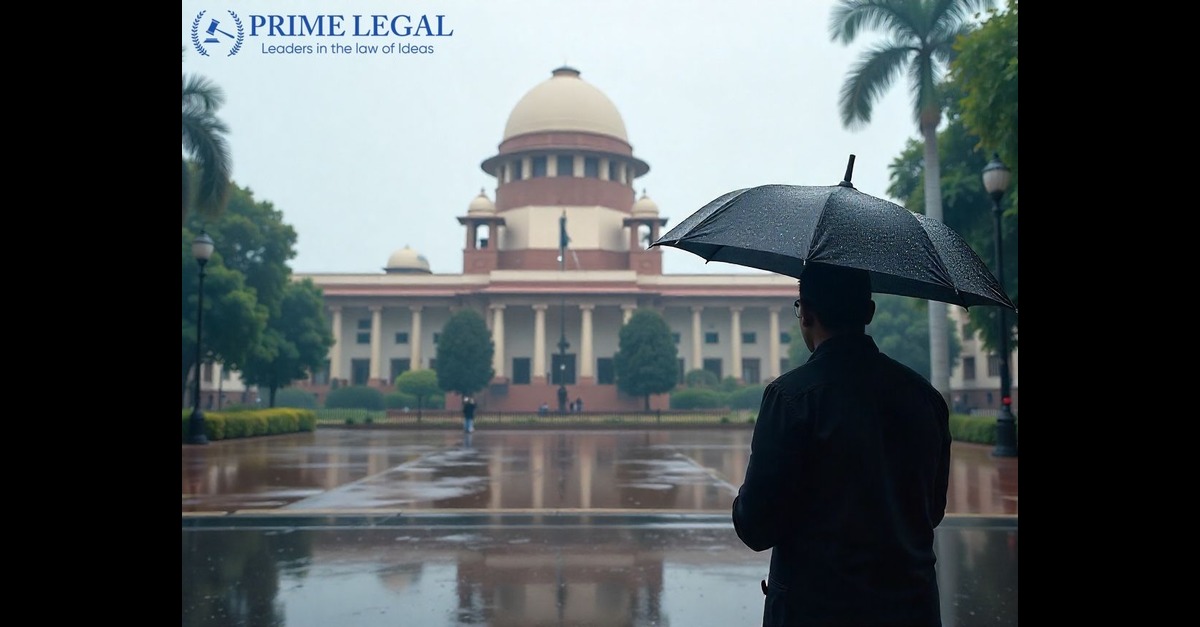Introduction
Recently the Supreme Court of India laid down a binding precedent that established the superiority of recruitment rule over an individual right in category migration of reserved candidates. The Court stated that reserved candidates availing relaxations in age limit or fee do not have a right to appointments in the unreserved category when a recruitment notification or recruitment rules prohibits category migration. This decision strikes a balance between merit and reservations policy, makes clear that recruitment rules must be followed and thus clarifies to both recruitment authorities and candidates themselves their eligibility for category migration in public employment.
Background
In some recruitment processes, we saw disputes develop when reserved category candidates, having received relaxations such as age granting or fee reductions, afterward wanted appointment to unreserved (general) category posts, based on their relatively higher merit scores. Some High Courts permitted these candidates to migrate to an unreserved post, based in part on precedents, such as Jitendra Kumar Singh v. State of UP and Ors., (2010) 3 SCC 119, which allowed such migration unless expressly prohibited in the rules. However, contradictory decisions resulted in uncertainty, and the matter eventually reached the Supreme Court. The Supreme Court needed to decide if candidates who had already received relaxations could still claim unreserved seats after having received relaxations from prior reserved positions. In making this consideration, the Supreme Court reflected on the competing merits of ensuring fairness in open competition whilst allowing the integrity of reservation to remain intact, in determining if the recruitment notifications or standing orders preventing migration should override any claims based on merit.
Key Points
- Primacy of Recruitment Rules: The Court made it clear that the hierarchy of recruitment rules, standing orders, and notifications control the flow of the process. If these documents specifically bar migration after receiving some favour, e.g., age relaxation, exemption from fees, or put them at a physical standard on the measuring tape, such candidates must comply with the terms and cannot simply rely on merit to take the seat in open category.
- Differentiation of Relaxations: The Court distinguished different types of relaxations. Relaxations in respect of physical standards, e.g., height, chest measurements, may be respected under the recruitment procedures but does not automatically prevent migration unless specified in the rules. Age and relating to fee are substantive benefits and can be relied upon to impinge on the ability to migrate unless permissions are stated in the rules, as it can result in unfairness in an open competition.
- Overruling Mechanical Application of Precedents: The Court ruled that the case of Jitendra Kumar Singh v. State of UP (2010) and its ilk did not apply automatically. If the recruitment rules expressly bar migration, the Prohibitory Rule prevails over a previous order or judgment. The High Court orders which relied on precedents and did not take the recruitment provisions into account were set aside accordingly.
- Railway Protection Force Recruitment as Case Study: The Court cited Standing Order No. 85 which specifically prohibits any candidate using a relaxation of age or physical relaxation to migrate to unreserved vacancies. It cited the authority of the administrative instruction relied upon from the Act.
- Protected Reservation Policy Integrity: The Court concluded by stating that relaxation benefits are privileges not entitlements to general vacancies, meaning the integrity of reservation policies may coexist with claims of merit.
Recent Developments
On September 9, 2025, a bench led by Justices Surya Kant and Joymalya Bagchi delivered decisions regarding recruitment by paramilitary forces and railway bodies in a number of consolidated appeals regarding recruitment. The court set aside several High Court orders that had allowed reserved category candidates to avail themselves of age relaxations and migrate to unreserved category posts based on superior merit. The Court ruled that as there were clear provisions in the recruitment rules and standing orders against such migration, the candidates’ individual merit claims could not outweigh this prohibition. The court nevertheless allowed migration in cases where physical relaxations were availed of and not expressly prohibited.
Conclusion
The rulings of the Supreme Court provide undisputed, authoritative precedent by making it clear that recruitment rules or notifications prescribing or prohibiting category migration are mandatory over candidate’s choice or merit claims. This case law requires the recruitment body to have writing clear rules specifying migration eligibility to ensure fairness, transparency, and the efficient administration of affairs; thereby maintaining the integrity of the reservation system, without undermining merit, and guiding recruitment in the future to be consistent with Indian law for all government services and paramilitary forces.
“PRIME LEGAL is a full-service law firm that has won a National Award and has more than 20 years of experience in an array of sectors and practice areas. Prime legal falls into the category of best law firm, best lawyer, best family lawyer, best divorce lawyer, best divorce law firm, best criminal lawyer, best criminal law firm, best consumer lawyer, best civil lawyer.”
WRITTEN BY Stuti Vineet


